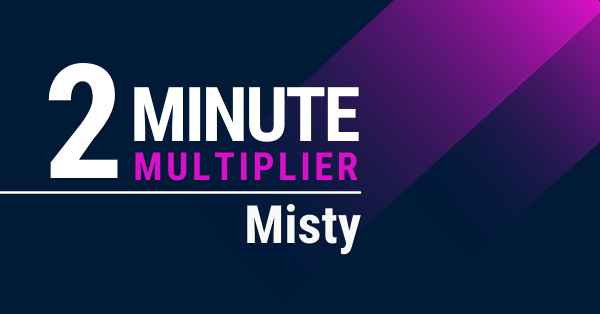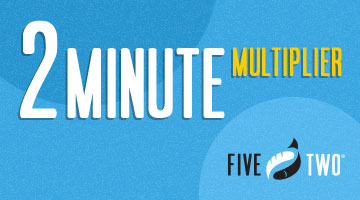The most memorable time I said “Spokane” out loud happened to be speaking in front of a conference of 600 people. Some of them from Spokane.
I hail from central Texas with a grandma who taught me to say, “Ko-la-chee,” with an accent on the hard -o.
I was raised in Austin where one of the main north-south roads was labeled “Manchaca” but pronounced “Man-chack” like a “man shack.” Only with a ch- instead of sh-.
My hickness leads me to routinely mispronounce words. (Thankfully I can’t mispronounce them when I’m only writing them.)
I pronounced “Spokane” at that conference like it’s supposed to be since it has an -e on the end. Meaning “spo-cane” with a hard -a.
Which of course is incorrect. Many of my friends from Spokan (no need for the -e if you’re not going to follow the English language rules) let me know.
So much of language and sound is contextual. It all depends on where you grew up and the rules of the region. Or family.
Some of us grew up where “God” was “Gawd” and meant hell-fire and brimstone. Others of us had a home full of “Jesus” multi-syllabically pronounced “Ja-ee-sus.” Which felt not as approachable as one would think.
Those of us claimed by Christ and sent into homes and world need to remember the words we use and meaning they carry. Often a byproduct of the sounds they made in the ears and in the heart decades ago.
Our calling is to share Jesus as the creator of all and lover of all. Who desires good for all. Who gave Himself as sacrifice for all.
Who knows how the world is designed to work because He made it. Who’s ultimate aim is to remake the world into one we never want to leave.
Who loves us dearly. Forever.
That’s the Jesus we know. And the Jesus the world needs to know.
Even if you say “Ja-ee-sus.” Or “ko-la-chee.”



